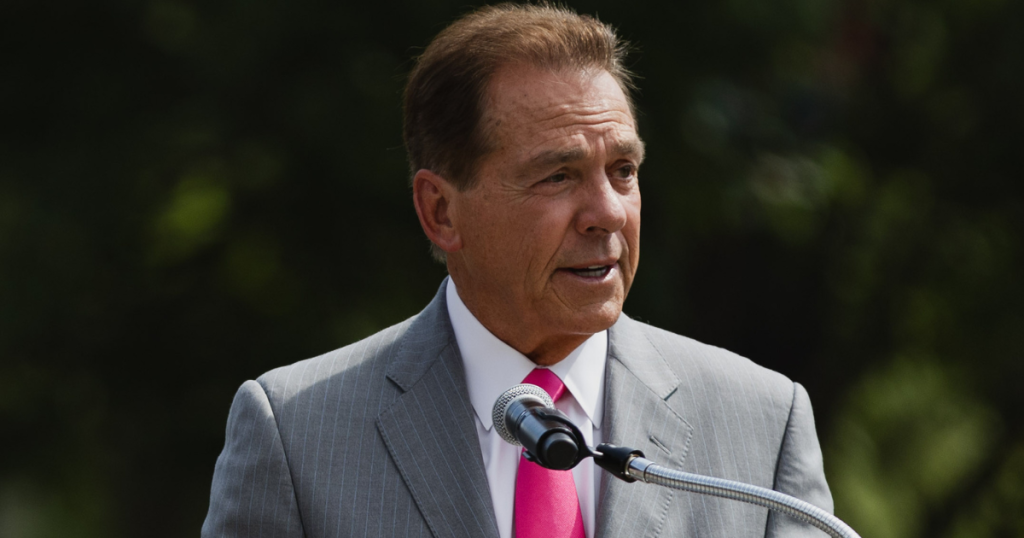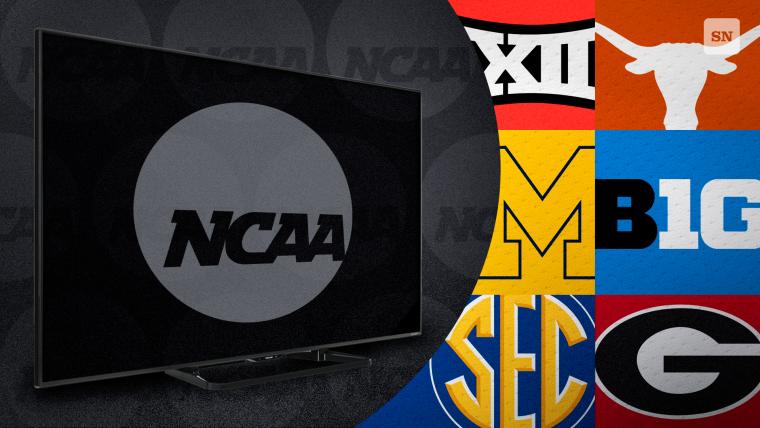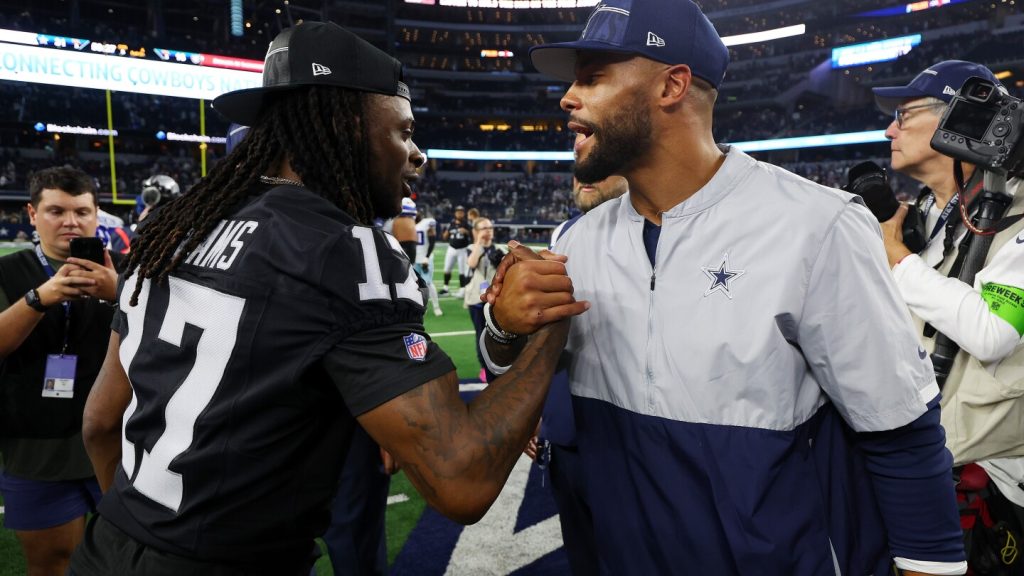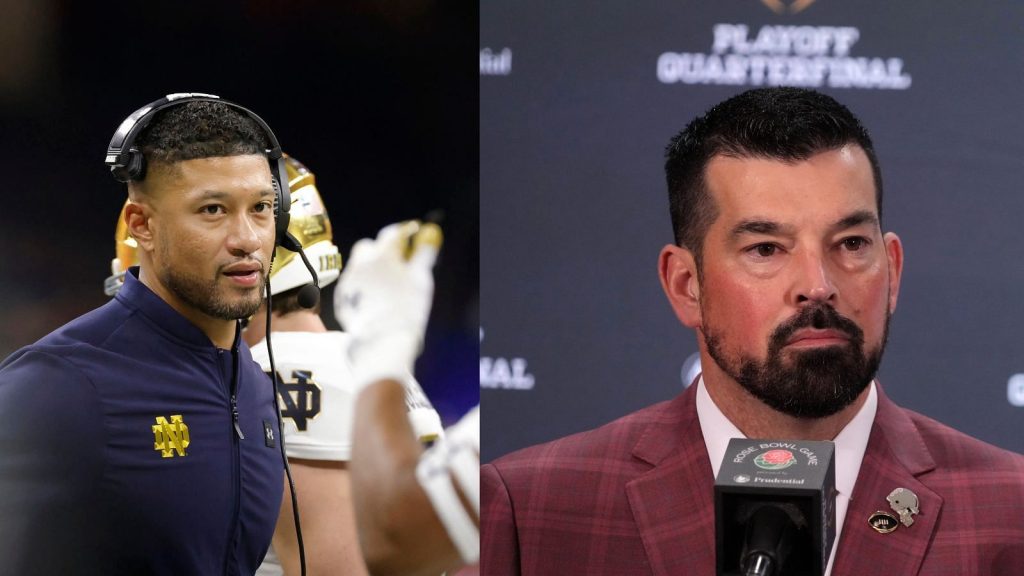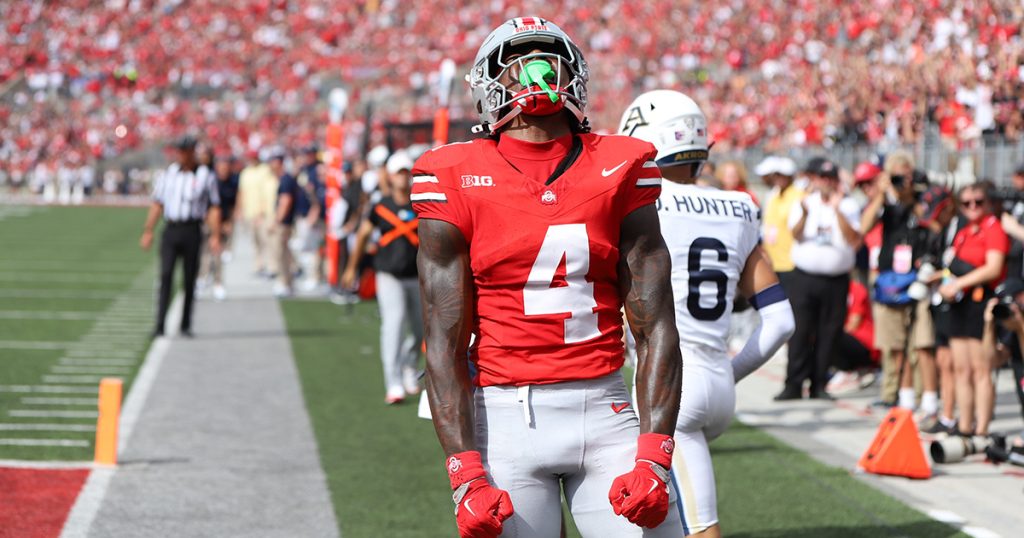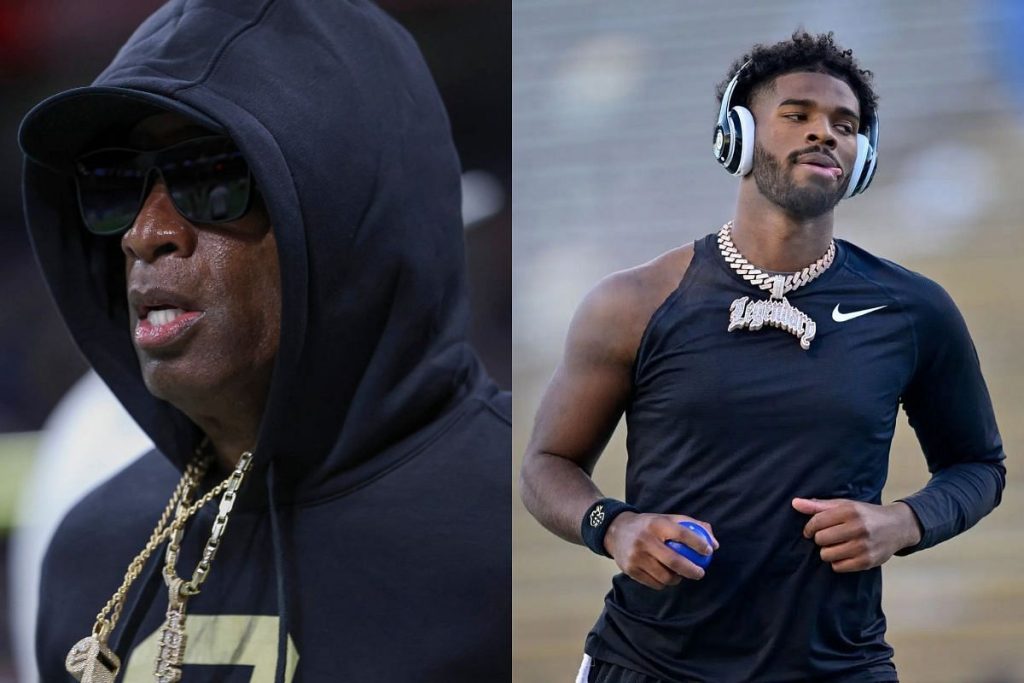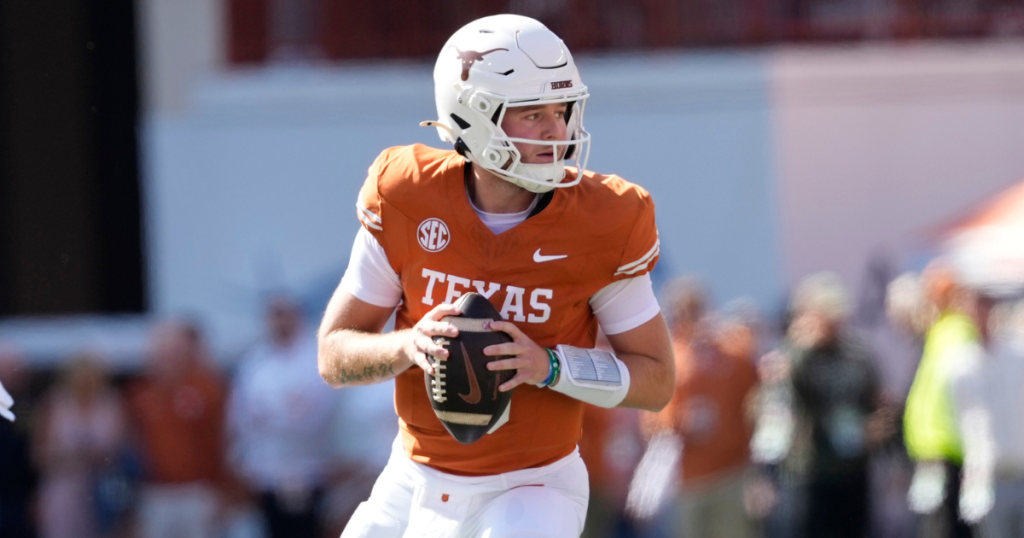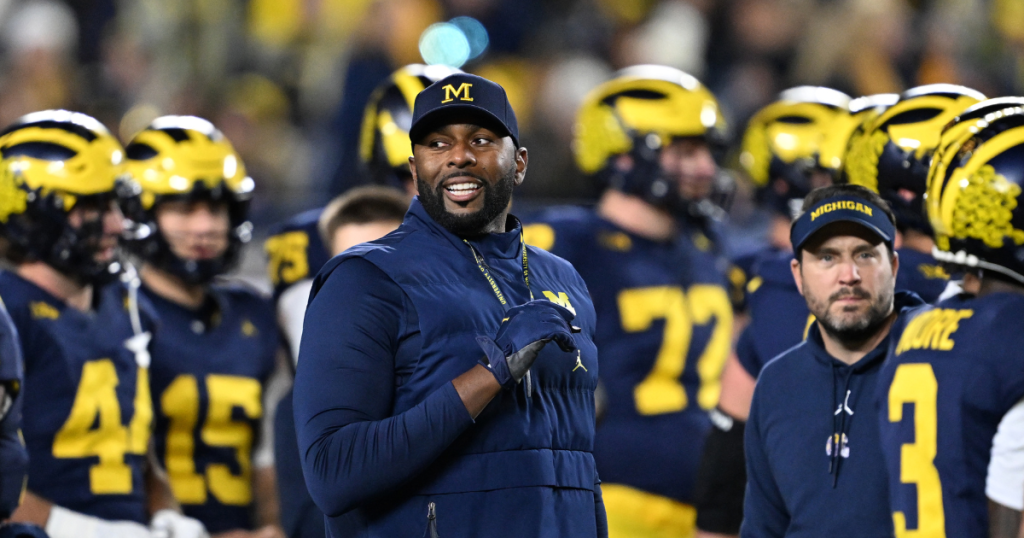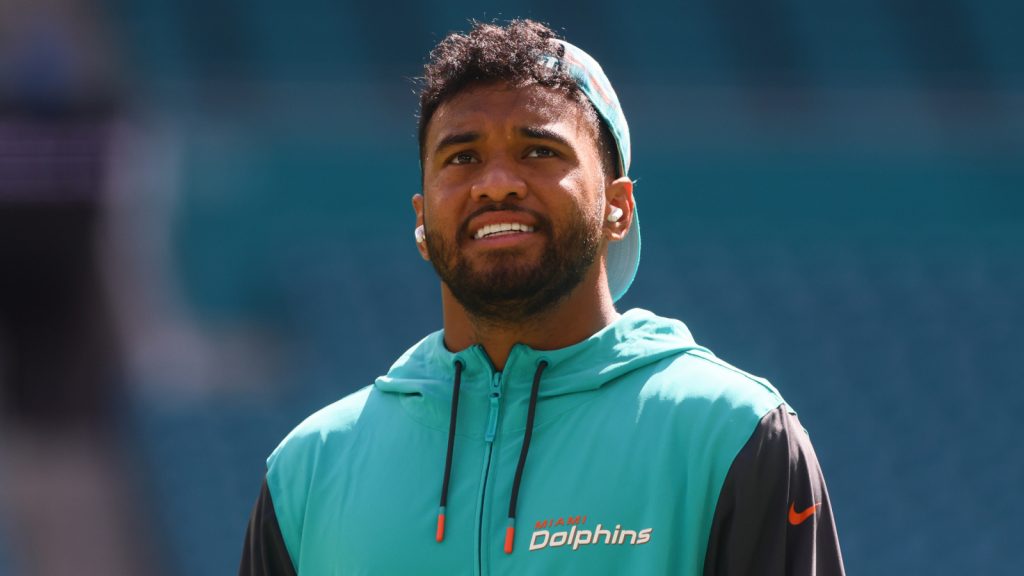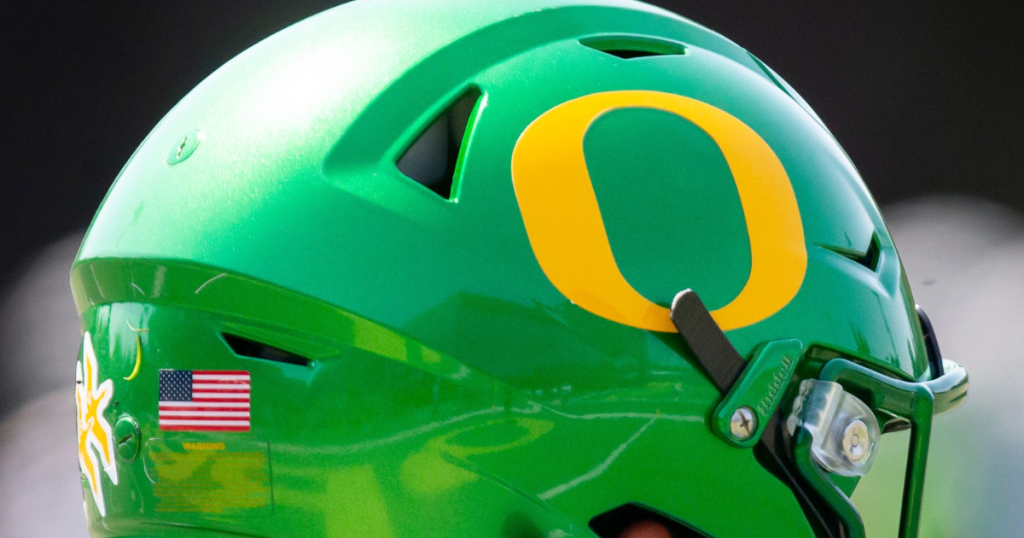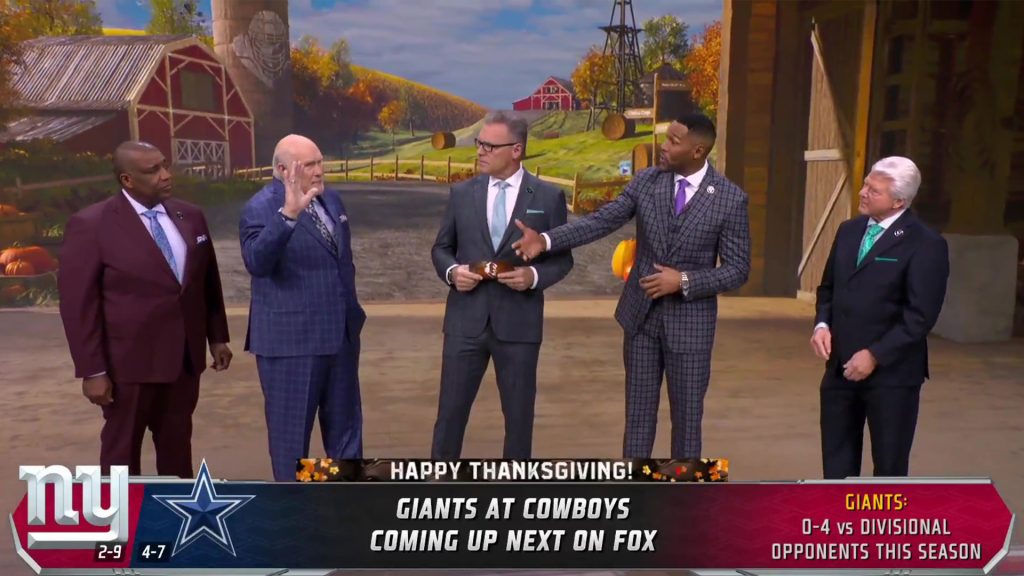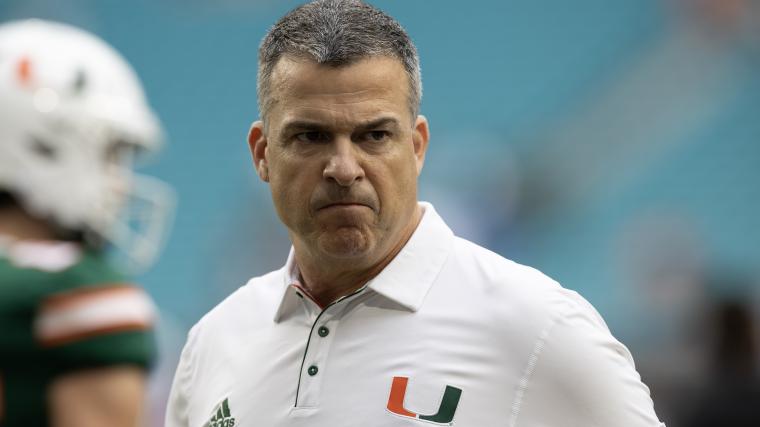Former Alabama coach Nick Saban has recently been floated as a potential candidate for the role of college football commissioner. This speculation has gained traction thanks to endorsements from notable figures like Penn State’s James Franklin and Georgia’s Kirby Smart. But is Saban really the right person for such a pivotal position in college football?
Concerns About Bias
One of the most pressing concerns regarding Saban’s potential candidacy is the issue of bias. ESPN First Take analysts Domonique Foxworth and Shannon Sharpe have both voiced their skepticism about the idea. Foxworth articulated his thoughts clearly, stating, “Hell no. … It’s a terrible idea.” He emphasized that having someone with strong ties to a specific team, like Saban, could compromise the integrity of the commissioner’s role.
But why does this matter? College football is a landscape filled with rivalries, traditions, and passionate fanbases. The perception of fairness is crucial. Foxworth pointed out, “No one would accept it – because you know who would be No. 1 every year no matter what? Alabama.” The idea of Saban overseeing the sport he has dominated raises serious questions about impartiality.
Different Perspectives on Leadership
While Foxworth firmly believes that Saban should not be the commissioner, he also expressed a broader skepticism about the need for a commissioner at all. “I don’t even think you should have a commissioner at all,” he said. This raises an intriguing question: Is a centralized authority necessary in a sport as diverse and decentralized as college football?
On the other hand, Sharpe offers a contrasting viewpoint. While he agrees that Saban may not be the right fit, he does see value in having a commissioner. “I do like the theory of having a commissioner,” Sharpe stated. “I do think we need a commissioner to get a handle on this and say, ‘OK, this is how we’re going to do it moving forward.’”
Saban’s Current Role and Preferences
So, if not Saban, then who? Sharpe believes that Saban is currently in a position that suits him well. “I believe coach Saban loves what he’s doing currently with College GameDay,” he said. This role allows Saban to travel, meet fans, and bask in the adoration of college football enthusiasts without the added stress of a commissioner’s responsibilities.
Let’s face it: Being a college football commissioner would be no small task. The role would involve navigating complex issues like player safety, recruitment regulations, and the ever-evolving landscape of college athletics. Why would someone like Saban, who has achieved so much, want to take on that pressure? Sharpe argues that Saban is at a stage in his career where he likely prefers to avoid those headaches.
Why Saban May Not Want the Job
The reality is that Saban has built a legacy that few can rival. He’s won multiple national championships and is widely regarded as one of the greatest coaches in college football history. Why would he want to trade that for the challenges of a commissioner role? Sharpe succinctly summed it up: “Coach Saban doesn’t want these problems anymore.”
Moreover, the demands of being a commissioner can be overwhelming. It involves making tough decisions that can alienate fans, schools, and players. With the spotlight already on him as a coach, Saban might prefer to keep his current position, where he can enjoy the accolades without the burden of administrative duties.
The Future of College Football Leadership
As college football continues to evolve, the conversation around leadership roles will undoubtedly persist. Whether or not Saban is considered for the commissioner position, the underlying issues of bias, fairness, and the need for effective governance will remain.
Should college football adopt a commissioner model? That’s a question worth exploring. The sport is at a crossroads, and as it navigates the complexities of modern athletics, strong leadership will be essential. However, it’s clear that the right leader must be someone who can rise above personal affiliations and biases—qualities that many believe Saban may not possess.
In the end, the debate over Saban’s potential candidacy raises important questions about the future of college football. Will the sport find a leader who can unite its diverse factions and guide it into a new era? Or will it continue to grapple with issues of fairness and representation? As fans, players, and coaches alike ponder these questions, one thing is certain: the conversation around college football leadership is just getting started.

